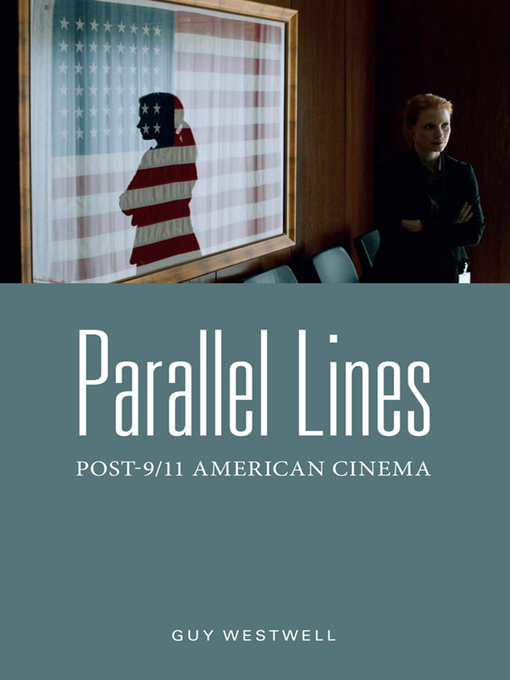Parallel Lines describes how post-9/11 cinema, from Spike Lee's 25th Hour (2002) to Kathryn Bigelow's Zero Dark Thirty (2012), relates to different, and competing, versions of US national identity in the aftermath of the September 11 terrorist attacks. The book combines readings of individual films (World Trade Center, United 93, Fahrenheit 9/11, Loose Change) and cycles of films (depicting revenge, conspiracy, torture and war) with extended commentary on recurring themes, including the relationship between the US and the rest of the world, narratives of therapeutic recovery, questions of ethical obligation.
The volume argues that post-9/11 cinema is varied and dynamic, registering shock and upheaval in the immediate aftermath of the attacks, displaying capacity for critique following the Abu Ghraib prisoner abuse scandal mid-decade, and seeking to reestablish consensus during Obama's troubled second term of office.
- Available now
- New eBook additions
- New kids additions
- New teen additions
- Most popular
- Try something different
- NYPL WNYC Virtual Book Club
- Spotlight: Toni Morrison
- See all
- Available now
- New audiobook additions
- New kids additions
- New teen additions
- Most popular
- Try something different
- NYPL WNYC Virtual Book Club
- Spotlight: Toni Morrison
- See all

